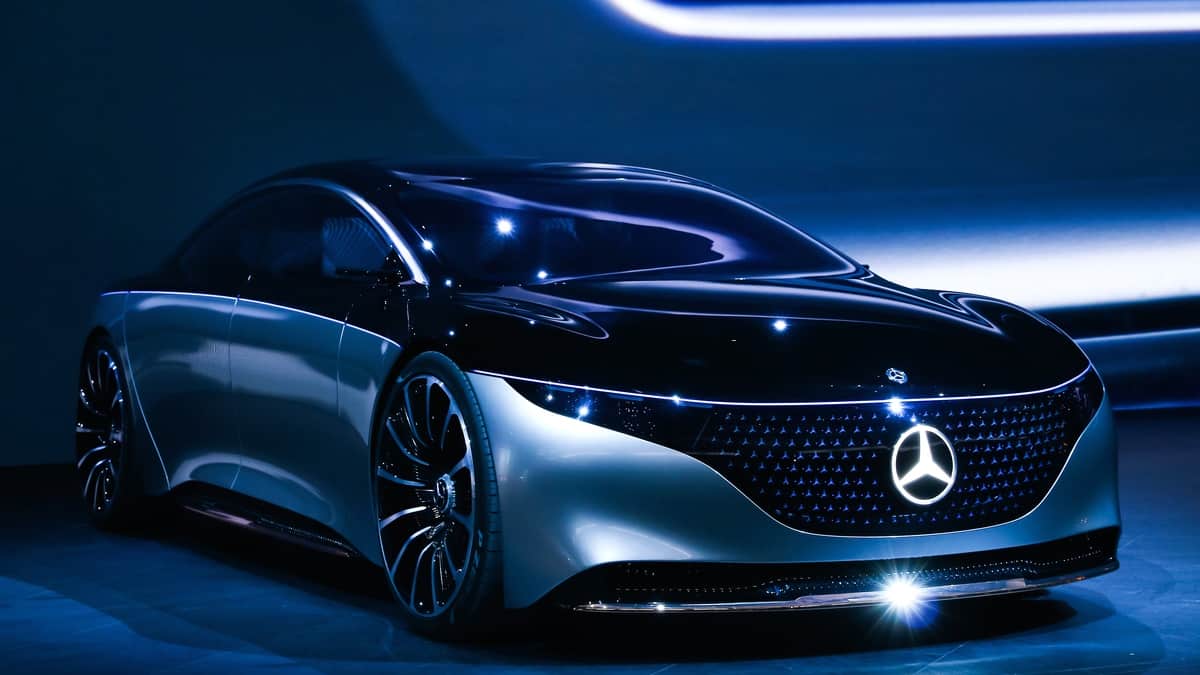The price of the most prominent electric vehicle in America, the Tesla 3 and Model Y, could decrease once the $430 billion climate, health, and tax measure get approved by the US House of Representatives. This legislation will also offer incentives for purchasing used electric cars. On the other hand, other EVs will be more expensive due to the Inflation Reduction Act.
The Inflation Reduction Act of 2022 (IRA) attempts to curb inflation while advocating for clean energy. The bill withholds the initial $7,500 maximum tax credit but removes the production limit of 200,000-unit that GM and Tesla have already achieved, while other brands like Toyota and Ford are about to be affected.
The new regulations were introduced, including the strict standard that electric vehicles must now be manufactured in North America, ousting previously eligible EVs for the tax credit. It also requires vehicle price caps of $55,000 for cars and $80,000 for vans, trucks, and SUVs, disqualifying some Teslas and all Rivian and Lucid for financial assistance.
Another challenge this new bill introduces is that even if EVs were built in America and their price is below the standard price cap, their battery materials must be at least 40% sourced in the US or from its trading partner. The initial 40% standard on the battery regulations will increase to 100% by 2029. An income tax cap of $150,000 ($300,000 for couples) was also set to ensure that only those worthy get qualified for the financial assistance.
The new system under the Inflation Reduction Act of 2022 will not be fully effective until January 2023. Automakers tried to have a binding purchase agreement signed by their customers, hoping that EV sales would remain eligible for the current credit since they would not be eligible when the new credit comes.
Interestingly, consumers who entered the said contract by paying a 5% down payment for the EV before August 16, 2022, but wait until after that date to take the delivery can still claim the tax credit under the previous rules. On the other hand, consumers who bought a new car after August 16 but wait until December 31 are also eligible for the old rules, including the 200,000-production cap and the vehicle’s assembly location.
The sudden change of the rules in the automotive industry caused concerns among numerous automakers as some of their EVs will no longer be eligible for the new tax credits, including the 34 BEVs listed below:
- Audi Q4 e-tron and Q4 e-tron Sportback (built in Zwickau, Germany)
- Audi e-Tron and Sportback (built in Brussels, Belgium)
- Audi e-Tron GT (built-in Heilbronn, Germany, and exceeds $55k)
- BMW i4 (built in Munich, Germany, and exceeds $55k)
- BMW i7 (built in Dingolfing, Germany, and exceeds $55k)
- BMW iX (built in Dingolfing, Germany, and exceeds $80k)
- Fisker Ocean (built in Graz, Austria)
- Genesis GV60 (built in Ulsan, South Korea)
- Genesis G80 Electrified (built in Ulsan, South Korea, and exceeds $55k)
- Hyundai Kona Electric (built in Ulsan, South Korea)
- Hyundai Ioniq 5 (built in Ulsan, South Korea)
- Hyundai Ioniq 6 (built in Asan, South Korea)
- Jaguar I-Pace (built in Graz, Austria)
- Kia EV6 (built-in Hwaseong, South Korea)
- Kia Niro EV (built-in Hwaseong, South Korea)
- Lexus RZ 450e (built-in Aichi, Japan)
- Lucid Air (built-in US but price exceeds $55k)
- Mazda MX-30 (built in Hiroshima, Japan)
- Mercedes-Benz EQB (built-in Kecskemét, Hungary)
- Mercedes-Benz EQE (built in Bremen, Germany, and price exceeds $55k)
- Mercedes-Benz EQS (built in Sindelfingen, Germany, and exceeds $55k)
- Mercedes-Benz EQS SUV (built-in US but exceeds $80k)
- Mini Cooper SE Electric (built in Oxford, UK)
- Nissan Ariya (built in Kaminokawa, Japan)
- Polestar 2 (built in Luqiao, China)
- Porsche Taycan (built in Stuttgart, Germany, and exceeds $55k)
- Rivian R1T (built in U.S. but price exceeds $80,000)
- Subaru Solterra (built in Aichi, Japan)
- Tesla Model S (built in U.S. but price exceeds $55,000)
- Tesla Model X (built in U.S. but price exceeds $80,000)
- Toyota bZ4X (built in Aichi, Japan)
- Volkswagen ID. Buzz (built in Hanover, Germany)
- Volvo C40 Recharge (built in Ghent, Belgium)
- Volvo XC40 Recharge (built in Ghent, Belgium)
The newly signed Inflation Reduction Act on electric vehicles’ eligibility for the federal tax credit definitely changes system of the automotive industry, affecting buying perceptions of the consumers in various ways.

